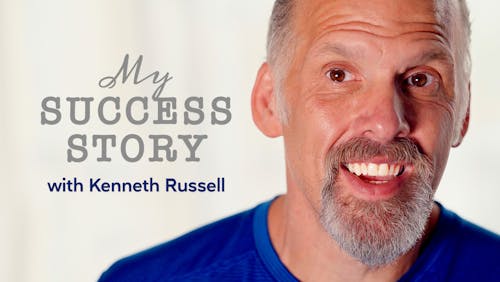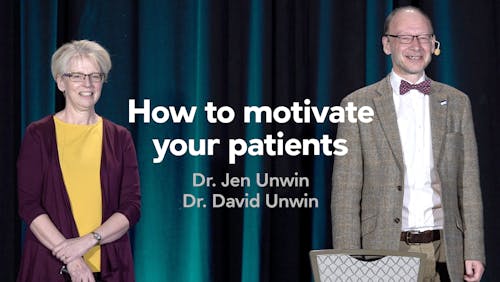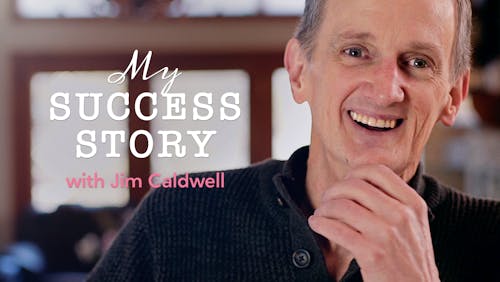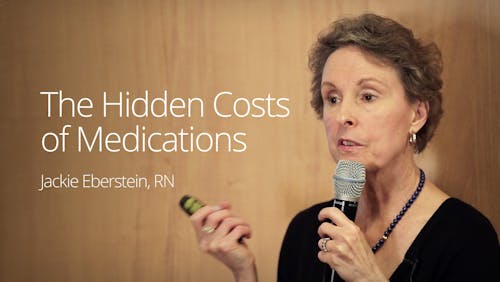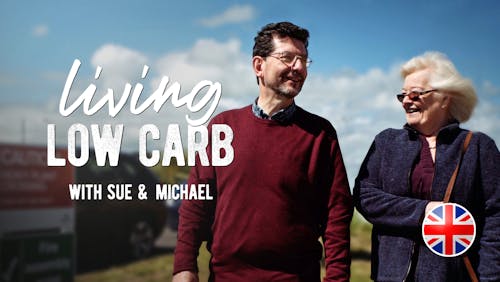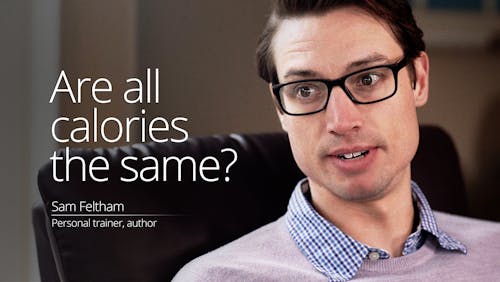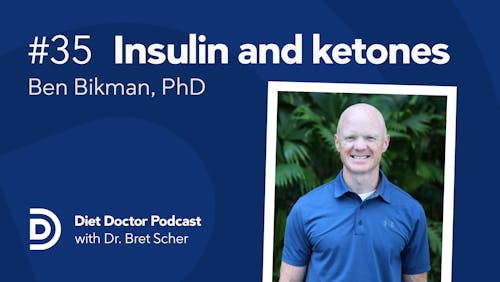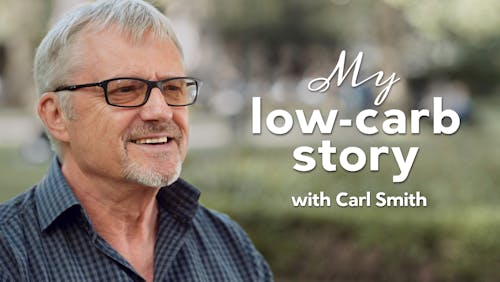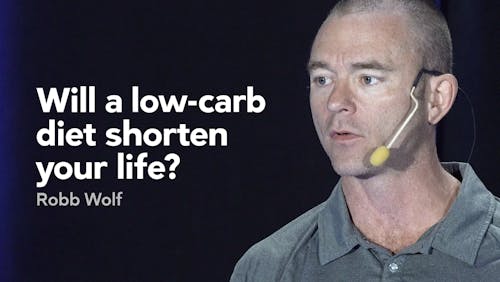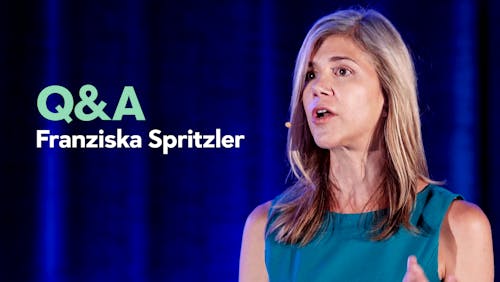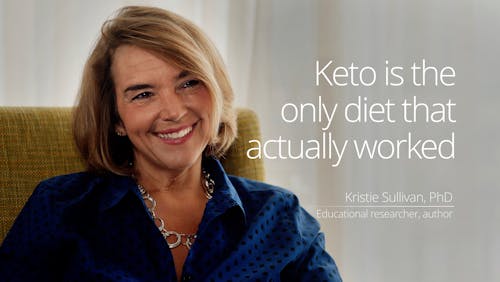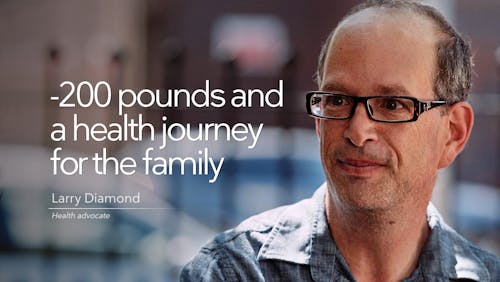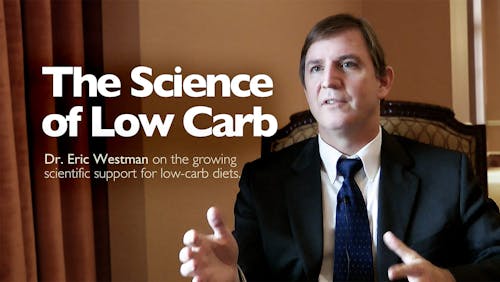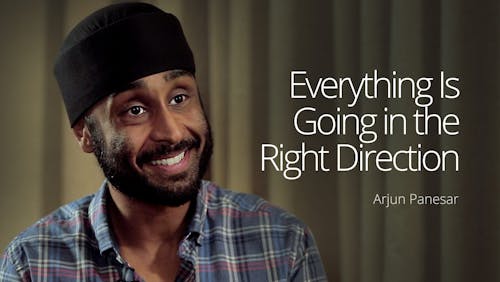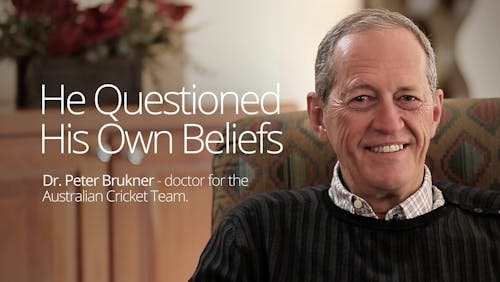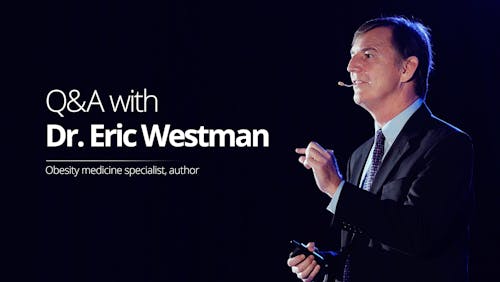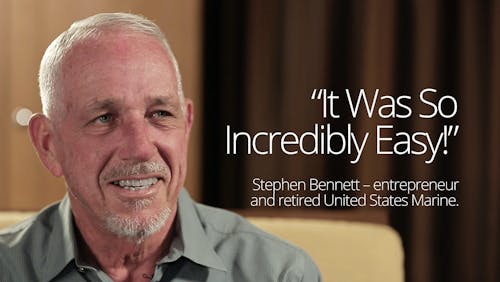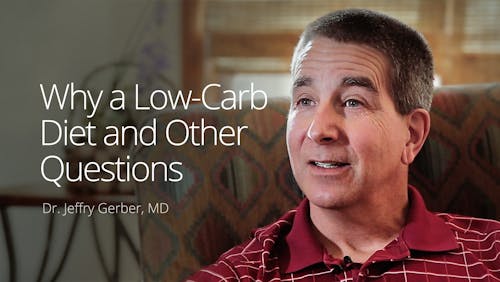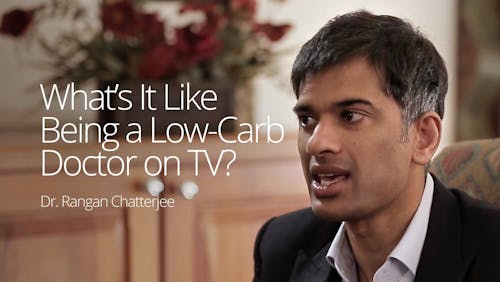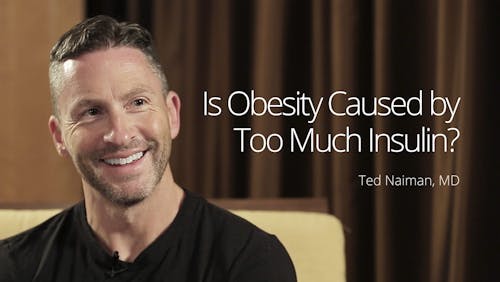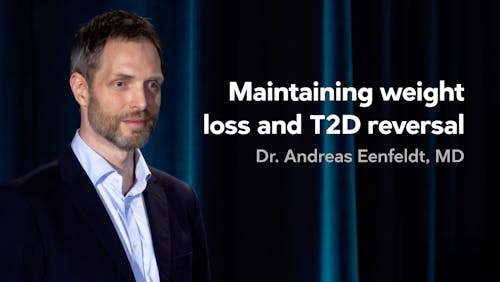Study: More evidence that exercise won’t necessarily speed weight loss much
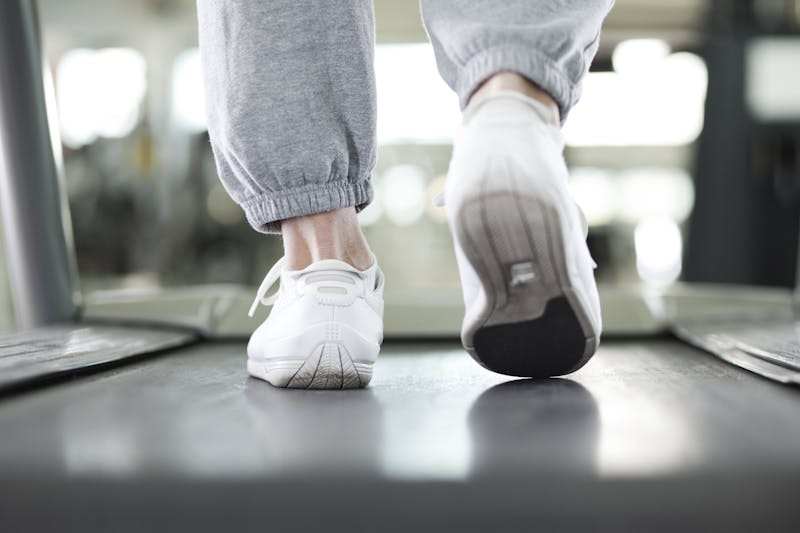
In the low-carb, keto world it’s often noted that “you can’t out run a bad diet.” Now a large US-based study on exercise and weight loss has added a bit more nuance to that claim.
A randomized controlled trial looking at exercise’s impact on weight loss in overweight, sedentary people found two common results that undermined expected success: after a workout, subjects felt hungrier or felt they deserved a food reward for their good behavior. Both resulted in subjects consuming slightly more food.
The study was conducted by researchers at the Pennington Biomedical Research Center in Baton Rouge Louisiana and published in June 2019 in The American Journal of Clinical Nutrition.
In the six-month-long study the researchers randomized 198 sedentary, overweight men and women between ages 18 and 65 to three arms: a life-as-usual, no-exercise control group; a moderate exercise group (designed to burn 8 kilocalories per kilogram of body weight in three exercise sessions a week) or a more intense exercise group (designed to burn 20 kilocalories per kilogram of body weight in three exercise sessions a week.) All three arms could eat whatever they liked.
All the groups were measured before, during and after the intervention for weight, resting metabolic weight, energy expenditure and energy intake. As well, the participants completed self-reported surveys on their appetite and what researchers called “compensatory health beliefs” — meaning whether they believed the deserved a food treat after a workout.
In a widely-shared article in The New York Times describing the study, writer Gretchen Reynolds focused only on the standard calories-in, calories-out equation of the study. She noted that the moderate exercise group burned an average of 700 extra calories and the more intense group burned an average extra 1760 calories. But both groups compensated by eating more. “The extra calories were slight —about 90 additional calories each day for the some-exercise group and 125 a day for the most-exercise set. But this noshing was sufficient to undercut weight loss.”
The article quoted lead author Dr. Tim Church on this ‘compensation’ attitude: “In effect, they felt that it is okay to trade behaviors… the ‘if I jog now, I deserve that donut’ idea.”
The New York Times: Why so many of us don’t lose weight when we exercise
However, low carb-experts in the Twitter universe criticized the narrow calories-in, calories-out focus of The New York Times story and noted that equally important study finding was the increased hunger among the exercisers. Many noted, this is an expected physiologic reaction among insulin resistant individuals who are eating a carb-rich diet. When they burn off their glucose stores, but can’t yet access their fat stores, the body craves more glucose energy.
South Africian low-carb researcher tweeted that many doctors and dietitians erroneously counsel overweight patients to exercise more. He said: “The only long-term method to lose weight is to lose hunger. Exercise increases hunger so can’t be a long term solution. First control hunger. Then start exercising.”
Many people who cut out sugar and carbohydrates that rapidly convert to sugar and adopt a low-carb or keto diet notice very quickly that hunger and cravings seem to subside. Their body can then burn fat for energy.
Then, freed from that constant feeling of the need to eat, they not only lose weight, they begin to enjoy for its own sake the movement, stress release and increased feeling of well-being that exercise often brings, independent of any weight loss.


How to lose weight
Guide Do you have trouble losing weight? Or would you like to lose faster? You’ve come to the right place. Get ready for weight loss without hunger.
Earlier
Can processed foods explain our obesity epidemic?
New military study: “Remarkable” results among soldiers on a ketogenic diet
